A recent independent review into group-based child sexual exploitation in the UK, often controversially referred to as "grooming gangs," has brought renewed focus to the collection and analysis of data concerning perpetrators' ethnicity. The report, led by Baroness Louise Casey, specifically highlights a "major failing" in the consistent recording of ethnicity and nationality data, a deficiency that has historically allowed authorities to "dodge" sensitive discussions for fear of being accused of racism, potentially impeding effective intervention.
The Baroness Casey review, published recently, acknowledges that while individuals from all ethnic backgrounds commit child sexual abuse, local data from specific high-profile cases, particularly in areas such as Rotherham, Greater Manchester, and West Yorkshire, revealed a "disproportionate number of men from Asian ethnic backgrounds" among suspects in group-based exploitation. While the report itself often uses the broader term "Asian ethnic backgrounds," detailed findings and public discourse around these cases have frequently pointed to men of Pakistani, and to a lesser extent, Indian and Bangladeshi heritage.
Baroness Casey emphasized that the overall national picture remains obscured by significant data gaps, with ethnicity recorded for only approximately 37% of suspects in all child sexual abuse cases. This lack of robust national data makes it challenging to draw definitive conclusions across the entire UK. However, the report asserts that the existing evidence from specific, well-documented cases warrants a direct and transparent examination, arguing that flawed data has been used to dismiss concerns about the ethnic background of some perpetrators.
The review criticises an "institutional view" that may have overemphasised the prevalence of white perpetrators in overall child sexual abuse statistics, potentially diverting attention from patterns observed in group-based exploitation. This, the report suggests, has led to misinterpretations and, in some instances, contributed to societal divisions.
It is important to provide context: national statistics on all child sexual abuse offenses in the UK indicate that the majority of perpetrators are white, broadly reflecting the UK's demographic composition. For instance, a 2025 report from the Centre of Expertise on Child Sexual Abuse, based on Ministry of Justice statistics where ethnicity was recorded in 69% of cases, found that 90% of perpetrators were white, 5% Asian, 2% Black, 2% mixed, and 1% "other." However, the Baroness Casey report specifically zeroes in on the distinct nature of group-based child sexual exploitation, where the ethnic background of some perpetrators has been a prominent and sensitive point of discussion.
The report strongly recommends a statutory inquiry into grooming gangs and advocates for the compulsory collection of ethnicity and nationality data for all suspects in such cases. Home Secretary Yvette Cooper has responded by acknowledging the "deeply disturbing" findings and has committed the government to implementing these recommendations to ensure no institution can "hide" from accountability.
This report is released amidst ongoing public and media debate, with calls for a nuanced approach that addresses the complexities of child exploitation across all communities without perpetuating stereotypes or increasing racial tensions. The overarching goal remains to enhance child protection and ensure all perpetrators, regardless of their background, are broughtto justice.
Within British South Asian communities, fostering open dialogue and robust safeguarding measures is paramount. This includes actively promoting awareness of child sexual exploitation in homes, schools, and places of worship, ensuring that cultural barriers or misconceptions do not prevent vulnerable individuals from seeking help. Community leaders, parents, and youth organisations can play a vital role in educating about the signs of abuse, challenging harmful norms that might enable exploitation, and building trust with authorities so that concerns are reported promptly and sensitively, ultimately prioritising the safety and well-being of all children
.
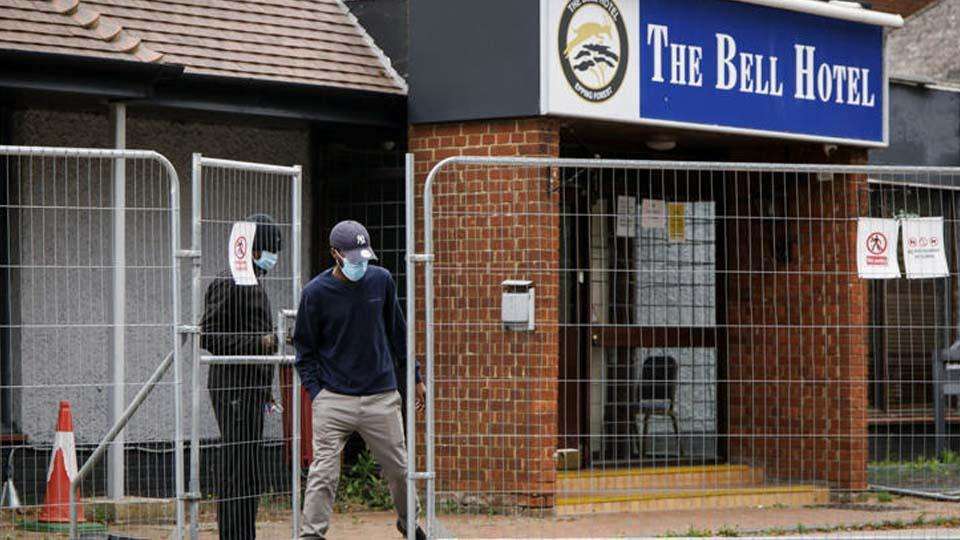
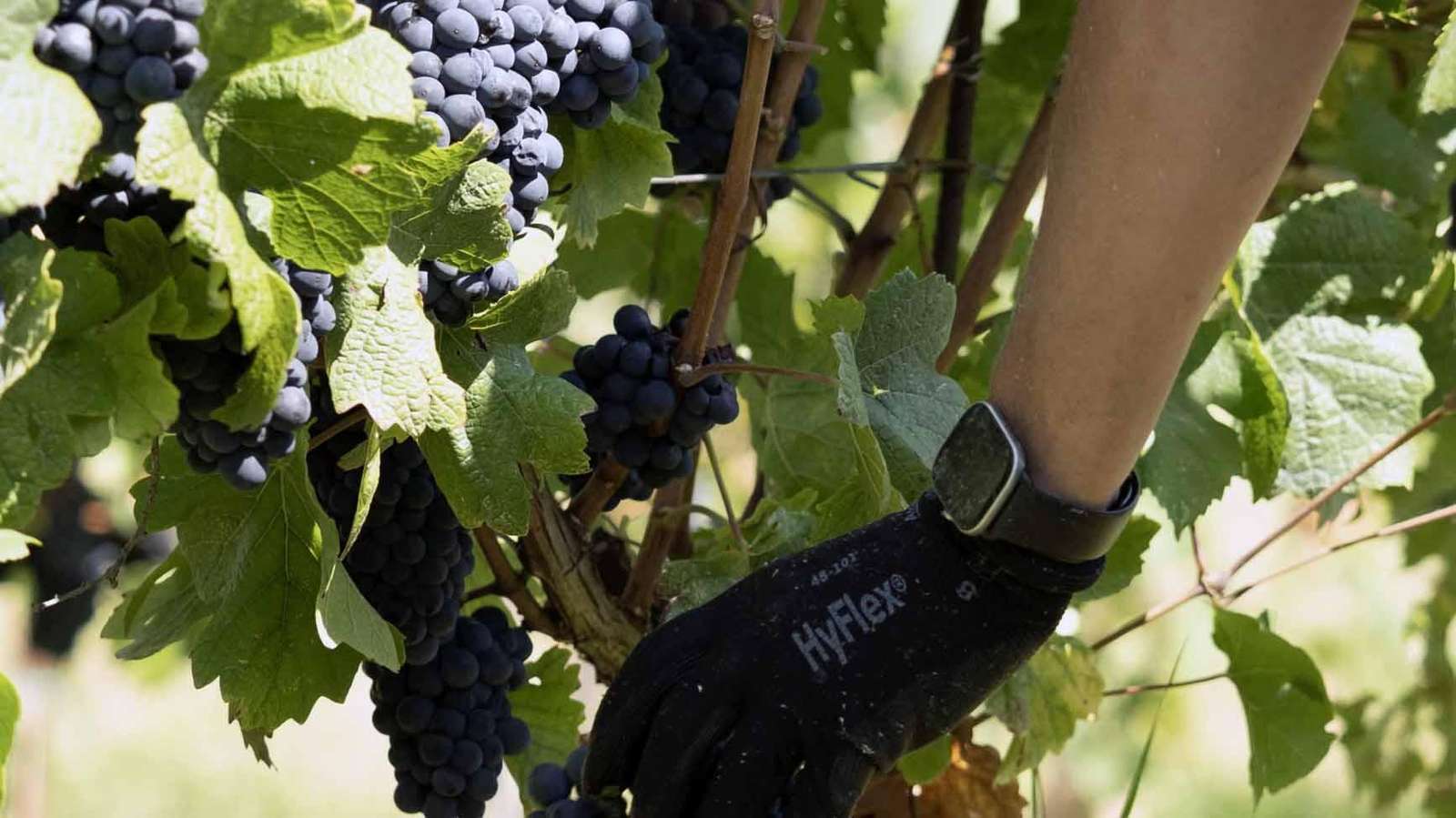
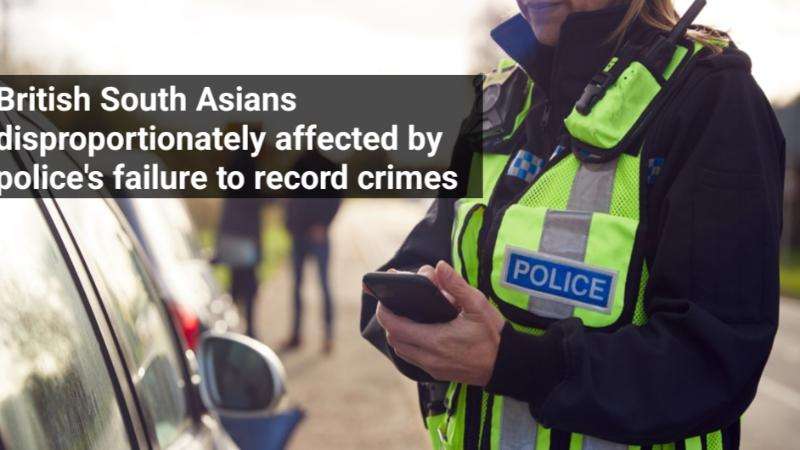
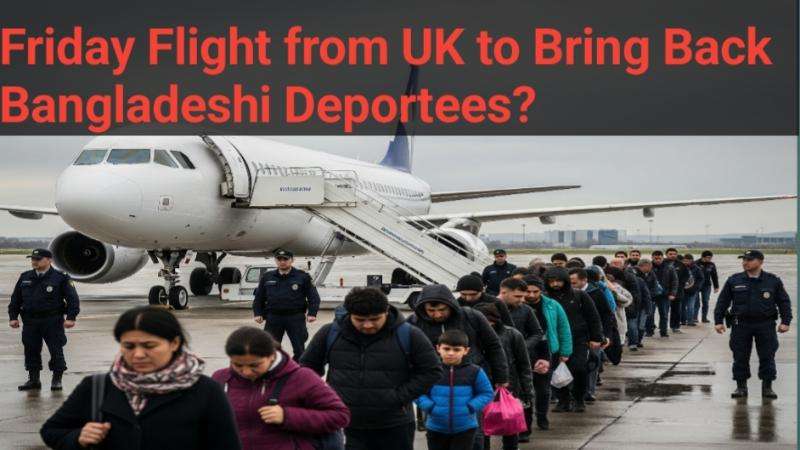



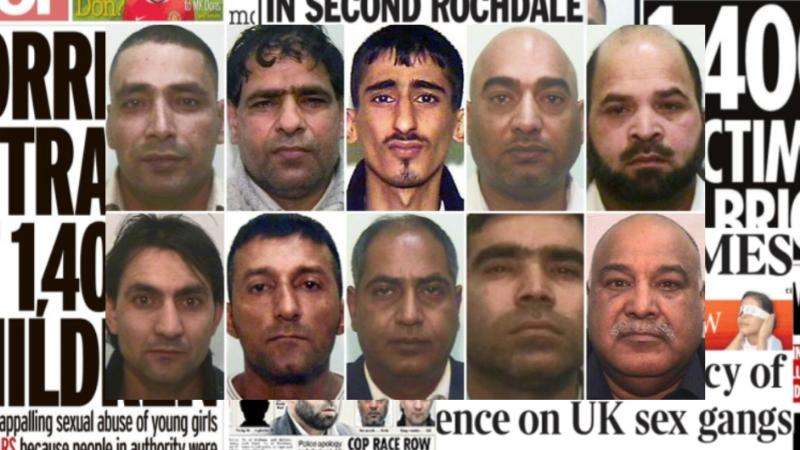
.svg)

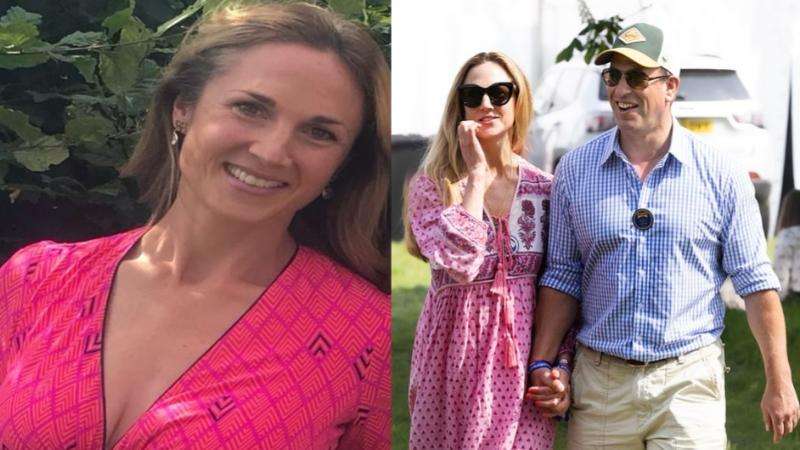
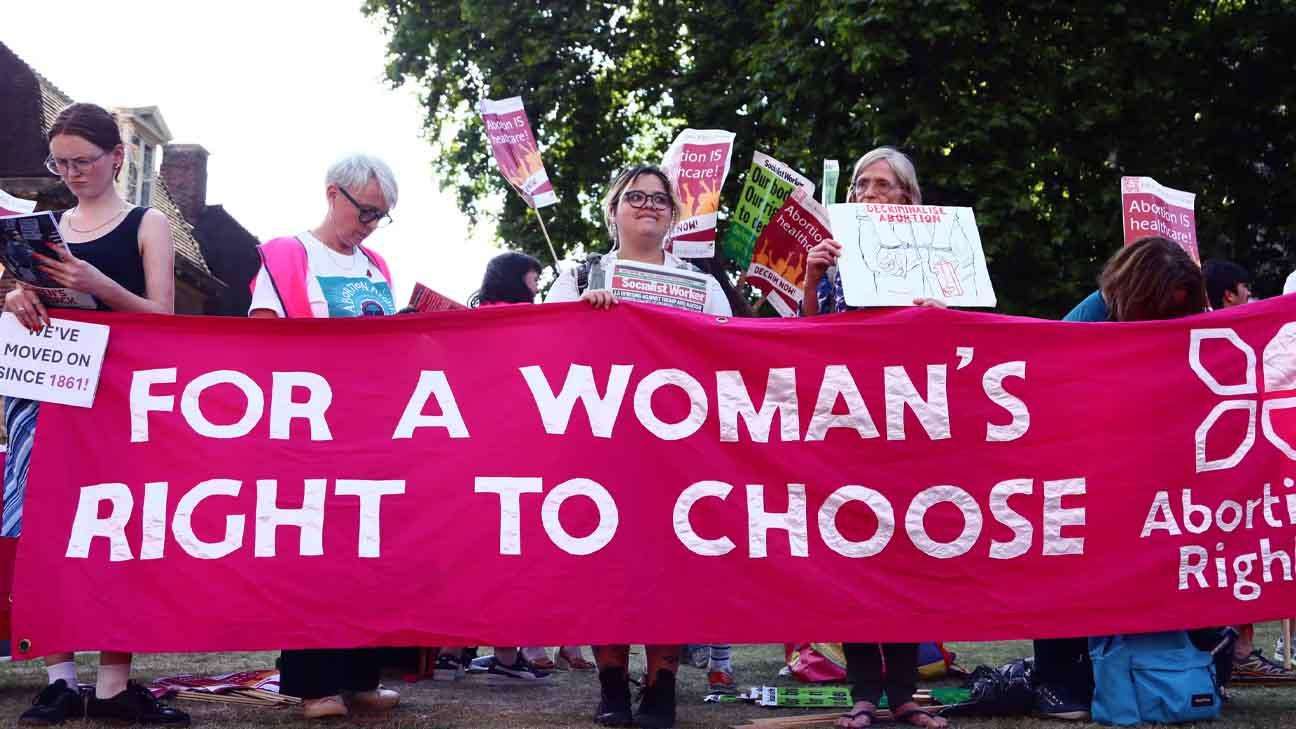

_2.jpg)